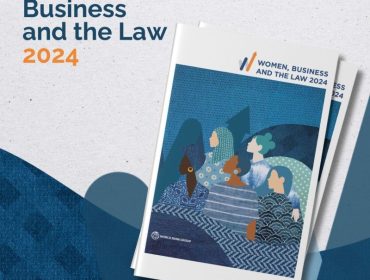
How digitalization is making South and Southeast Asia engines of growth
February 10th, 2022 – Digital transformation worldwide was already increasingly changing how companies make and offer their propositions and interact with their customers. But the COVID-19 pandemic has intensified this, with technology emerging as a critical means of resolving public health challenges and continuing to facilitate the new online consumer landscape. This accelerated digitalization is disrupting the world’s economy, making it one of the most significant growth engines for many developing nations.
We are already seeing how digitalization is reshaping Asia. The digital transformation of South and Southeast Asia is opening a range of opportunities for its citizens, especially for younger generations. Many Asian countries are even in the lead globally in certain sectors of digitalization. For example, the Philippines and Malaysia have become the top two countries in e-commerce retail growth, increasing by 25% and 23% per year, respectively.
What’s more, with the advent of rapid digitalization, Asian countries like India, Bangladesh, Pakistan and the Philippines are tapping new opportunities by exporting online labour to the West. In Bangladesh, for example, the digital economy is bringing employment to hitherto excluded sections of the population.
More…https://www.weforum.org/agenda/2022/02/digitalization-south-southeast-asia/
Written by World Economic Forum
Photo: Council of Europe
Related Post
A Global initiative to support SMEs...
Co-organised by the OECD Centre for Entrepreneurship, SMEs, Regions, and Cities in cooperation with Business at OECD, the OECD Digital for S...
Digital Entrepreneurship in Africa
Africa’s progress in entrepreneurship, digital innovation, and its young population lays a solid foundation for achieving the United N...
Women, Business and the Law 2024:...
Women, Business and the Law 2024 This year’s report, the 10th in the series, finds that women worldwide continue to have fewer legal r...




